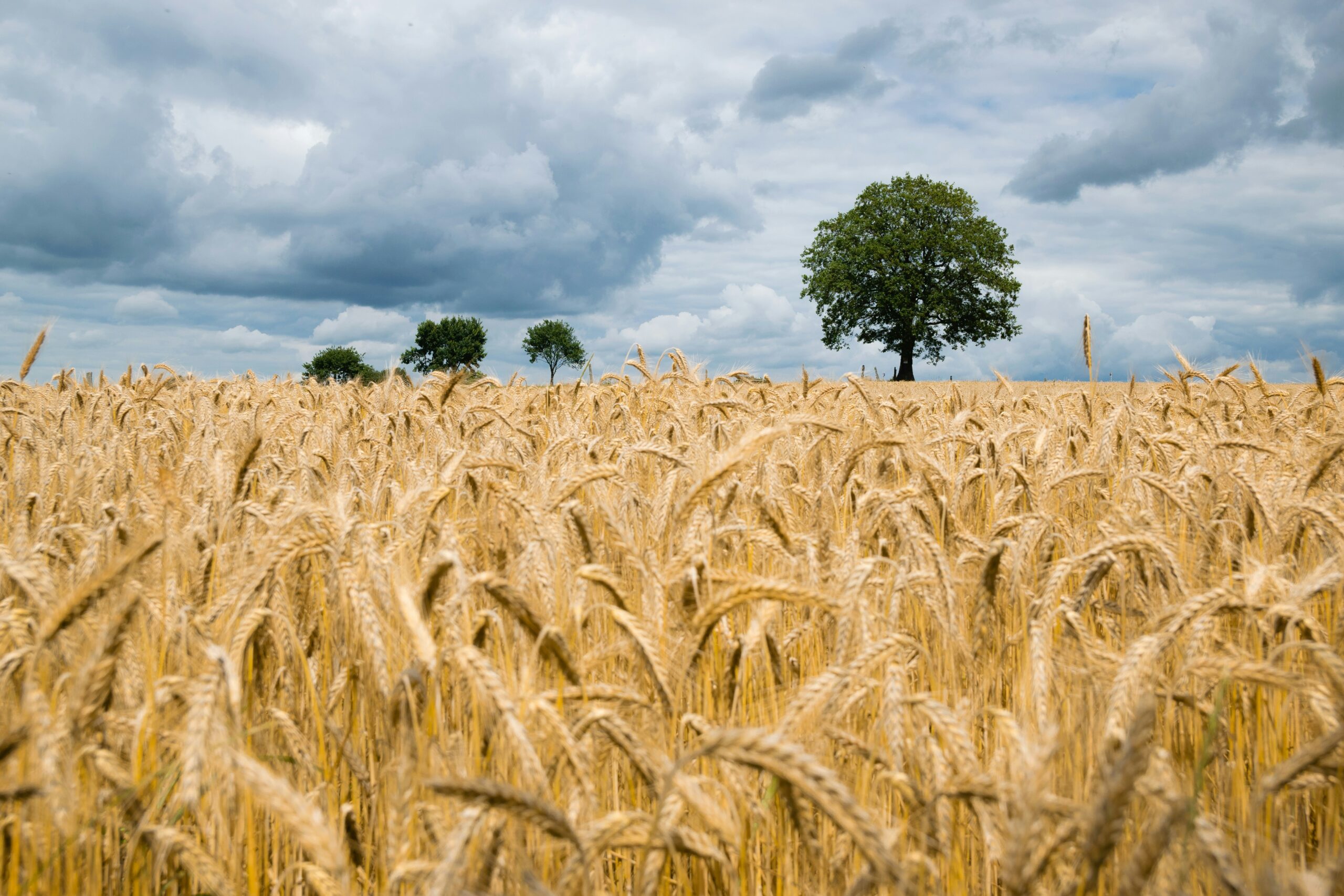According to a recent article in The Economic Times, the demand for consumer goods in rural India remained tepid in the September quarter. The uneven distribution of monsoon rains and deficient rainfall impacted rural consumption during this period. FMCG companies such as Dabur, Hindustan Unilever Limited (HUL), and Marico reported subdued rural demand, with volumes declining marginally on a two-year basis. The article highlights that rural demand is lagging behind urban demand, and new channels like modern trade and e-commerce are growing at a faster pace compared to general trade.
FMCG companies are facing multiple challenges in rural India. The deficient rains in August, followed by a spike in food prices, disrupted the demand uptick in rural areas. The subdued rural sentiment and higher competitive intensity from local players have impacted the mass personal care categories and value-added hair oils portfolio. Liquidity issues in rural areas and the slow recovery of rural markets despite the festive season have also been cited as challenges.
Despite the challenges, FMCG companies remain cautiously optimistic about the recovery of rural demand. Executives at FMCG firms believe that factors such as easing inflation, increased government spending, and the onset of the festive season will contribute to the recovery of rural markets. Some green shoots of recovery have been observed in the rural regions since the second half of September. FMCG companies are focusing on leveraging these positive trends and tapping into the potential offered by digitization to drive growth.
CEO Mohit Malhotra noted that while there are signs of improvement, rural areas still lag behind urban markets in terms of demand due to ongoing liquidity issues, despite the onset of the festival season. He expressed optimism about a robust recovery in rural markets and highlighted the narrowing gap between rural and urban growth. Additionally, Dabur has expanded its distribution network in rural areas, extending coverage to more than 107,000 villages, up from 100,000 earlier this year.
RTM Watch’s Take
The challenges faced by FMCG companies in rural India are significant, with uneven monsoons, inflation, and increased competition impacting demand. However, there are positive signs of recovery, and FMCG companies are cautiously optimistic about the future. To navigate these challenges, FMCG companies need to adapt to changing market dynamics, leverage digitization, and continue to innovate in their product offerings. By doing so, they can tap into the immense potential of rural India and drive growth in the FMCG sector.




































